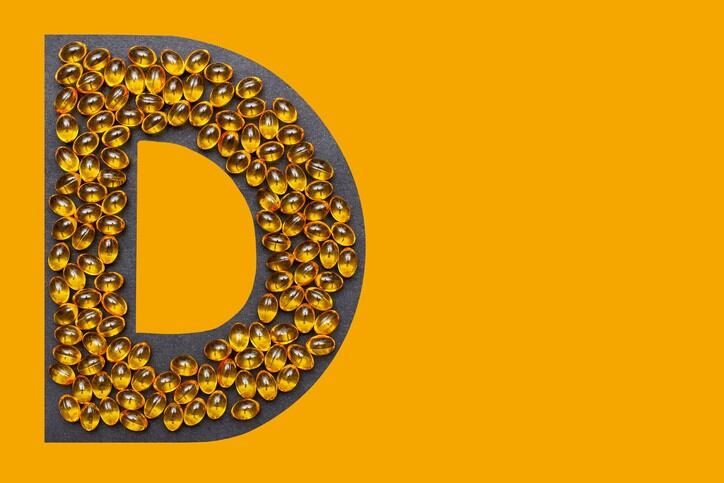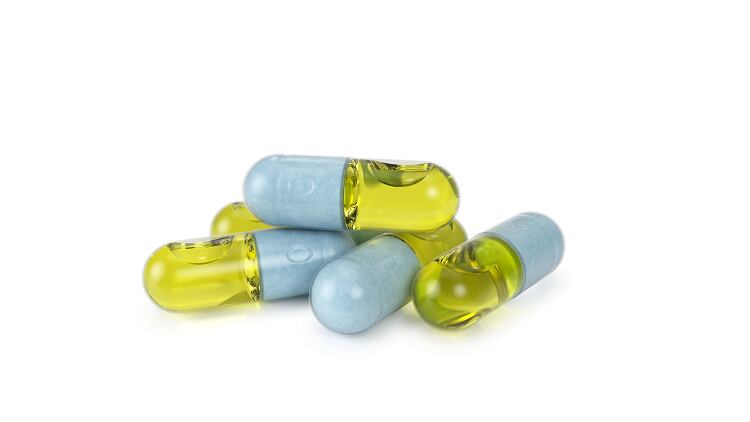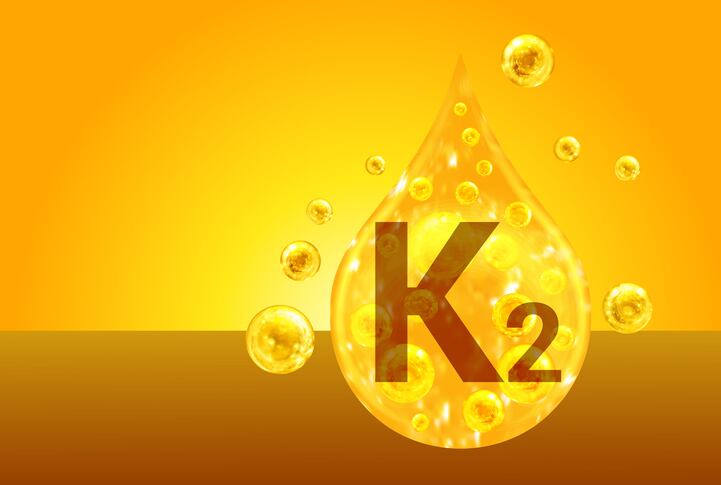The immune-mediated chronic inflammatory skin disease psoriasis affects over 100 million people worldwide and as such, has been extensively researched. The World Health Organization (WHO) reports varying incidence rates, with approximately 78% to 90% of patients experiencing mild to moderate skin lesions.
Existing research has suggested that oral vitamin D supplementation may indeed have some benefits for individuals with psoriasis. Vitamin D is vital to the immune system and its deficiency has been linked to various auto-immune conditions. These include psoriasis, which is characterised by an overly active immune response that leads to the rapid turnover of skin cells, resulting in the formation of plaques. Vitamin D is thought to modulate the immune system, helping to regulate this hyperactive response.
Vitamin D exists as ergocalciferol (D2) and cholecalciferol (D3) and plays a crucial role in bone regulation, calcium homeostasis, and immunomodulation. In dermatology, it influences various skin processes, including keratinocyte proliferation, differentiation, apoptosis, and immune regulation. However, despite controversies surrounding oral vitamin D supplementation, systematic reviews and meta-analyses have failed to demonstrate significant effects in treating psoriasis.
Adult focus
To delve deeper into the link between vitamin D supplementation and psoriasis alleviation, researchers from the Tianjin University of Traditional Chinese Medicine, Tangshan Fengnan Hospital of Traditional Chinese Medicine and Anhui University of Traditional Chinese Medicine conducted a meta-analysis of published randomised controlled trials (RCTs) to evaluate the effectiveness and safety of oral vitamin D supplementation for psoriasis.
The analysis considered multiple outcomes, including changes in Psoriasis Area and Severity Index (PASI), Dermatology Life Quality Index (DLQI), Psoriasis Disability Index (PDI), C-reactive protein (CRP) and adverse events in adult psoriasis patients. It involved 333 patients from four studies where vitamin D supplementation served as the intervention, compared against a placebo without vitamin D.
Oral D
According to existing research, one of the mechanisms by which vitamin D may impact psoriasis is through its anti-inflammatory properties. It can inhibit the production of pro-inflammatory cytokines, (i.e., molecules involved in the immune response). By doing so, it might help reduce the inflammation associated with psoriatic lesions.
Moreover, vitamin D is involved in the regulation of keratinocytes, the pre-dominant cells in the epidermis (the outer layer of the skin); psoriasis patients experience an abnormal proliferation of keratinocytes. Vitamin D helps to normalise this process, potentially slowing down the excessive skin cell growth seen in psoriasis.
Regarding the effectiveness of oral vitamin D supplementation against psoriasis, however, studies have shown mixed results. Some individuals with psoriasis have reported improvements with vitamin D supplementation, while others have not experienced significant benefits. Still, it is important to note that the response to vitamin D can vary from person to person.
The researchers noted that of the assessed studies, PASI changes at three and six months and at the end of the studies’ respective follow-up periods showed no statistically significant impact of vitamin D supplementation on psoriasis area or severity between the supplemented and control groups. Safety-wise, adverse effects of oral vitamin D supplementation were found to have been minimal, with only isolated cases of nausea reported.
Sub-group analyses suggested potential effectiveness with vitamin D2 supplementation in Asian populations as compared to European populations, with D2 being superior to D3 in this regard. However, the search for an optimal dosage and the safety of supplementation remains inconclusive.
It is also worth noting that the prevalence and severity of psoriasis can vary among different ethnic groups due to genetic, environmental and lifestyle factors. Numerous studies have suggested that certain Asian populations (such as those in Japan and China) may have a lower prevalence of psoriasis compared to Western populations, though regardless of ethnicity, the impact can still be significant for those affected.
At the same time, it is essential to consider that psoriasis is a complex condition with various factors influencing its manifestation. Genetic predisposition, immune system function and environmental triggers all play roles in the development and severity of psoriasis.
Despite limitations in study numbers, varying doses and a focus on adverse events, the meta-analysis called for further well-designed large-scale studies, which could have positive implications for Asian psoriasis patients. The researchers also emphasised seeking a new prognostic index combining clinical and laboratory factors to strengthen the evidence of efficacy and safety in oral vitamin D supplementation for psoriasis treatment.
They concluded: “The information that the use of vitamin D2 or the possibility of better outcomes in Asian populations inspires the need for more high-quality studies to further explore the possible potential effectiveness. At the same time, the search for a new prognostic index that combines clinical and laboratory factors should be pursued to compensate for the shortcomings of existing measures and provide stronger evidence of efficacy.”
Source: PLoS One
“Efficacy and safety of vitamin D supplementation on psoriasis: A systematic review and meta-analysis”
https://doi.org/10.1371/journal.pone.0294239
Authors: Qianqian Dai, et al.




